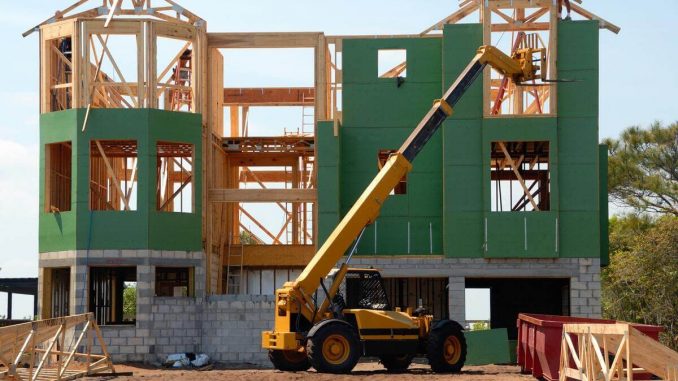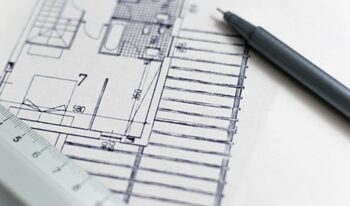
Property development is a complex yet rewarding venture that involves transforming raw land or existing buildings into profitable real estate projects. Understanding the property development process is crucial for a successful project, whether you are a seasoned investor or a budding developer. In this comprehensive guide, we will walk you through the step-by-step property development process, from the initial concept and feasibility study to construction and completion. Let’s dive into the intricacies of this exciting journey into the world of property development.
Market Research and Concept Development
The property development process begins with thorough market research to identify potential opportunities and assess market demand. Developers conduct feasibility studies to determine the viability of the project. This phase involves evaluating the location, demographics, market trends, and potential risks associated with the development.
Once the feasibility study is complete, developers refine their concept based on market insights. This includes defining the project’s purpose, size, target market, and overall vision for the development.
Securing Financing and Investment
After finalizing the concept, the next step in the property development process is securing financing. Developers can fund their projects through various sources, such as bank loans, private investors, joint ventures, or crowdfunding platforms. The chosen financing option should align with the project’s scale and complexity.
Additionally, developers may seek pre-sales or pre-leases to secure additional investment and demonstrate market interest in the development.
Obtaining Necessary Approvals and Permits
Before commencing construction, developers must obtain necessary approvals and permits from local authorities and regulatory bodies. This stage involves submitting detailed architectural plans, environmental impact assessments, and compliance documentation. The approval process may take several months, depending on the complexity of the project and local regulations.
Design and Planning
The design and planning phase is a critical aspect of the property development process. Working closely with architects, engineers, and other professionals, developers create detailed plans and blueprints for the project. The design includes architectural drawings, interior layouts, landscaping, and infrastructure planning.
Construction and Development
Once all approvals and plans are in place, the construction and development phase begins. Developers collaborate with construction teams and project managers to execute the vision. This stage involves procuring materials, overseeing construction progress, and ensuring adherence to quality standards and timelines.
Marketing and Sales
As the development nears completion, the marketing and sales efforts ramp up. Developers engage in strategic marketing campaigns to attract potential buyers or tenants. This may include digital marketing, property showings, and open houses to showcase the project’s features and advantages.
Handover and Completion
Upon completion of the development, a final inspection is conducted to ensure compliance with building codes and safety regulations. The property is then handed over to buyers or tenants, completing the property development process.
 Post-Development Activities
Post-Development Activities
After the handover, developers may still be involved in post-development activities. This includes addressing any issues or defects reported by buyers or tenants during the warranty period. Developers may also continue to manage the property and provide ongoing maintenance and support.
Return on Investment (ROI) Evaluation
Evaluating the return on investment (ROI) is a crucial step in the property development process. Developers assess the financial performance of the project, comparing actual costs and revenue to the initial projections. This evaluation helps identify areas for improvement in future projects and informs future investment decisions.
Conclusion
The property development process is a multifaceted journey that demands careful planning, strategic decision-making, and continuous adaptability. From market research and concept development to construction and completion, each stage plays a crucial role in transforming an idea into a thriving real estate project. By understanding the intricacies of the property development process, developers can navigate challenges with confidence and achieve success in this dynamic and rewarding industry.

Leave a Reply